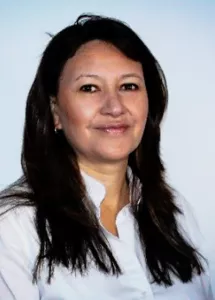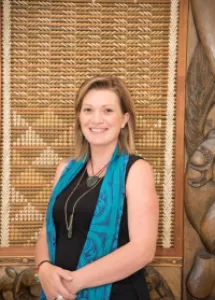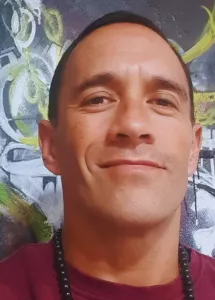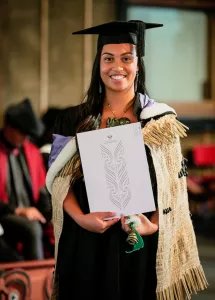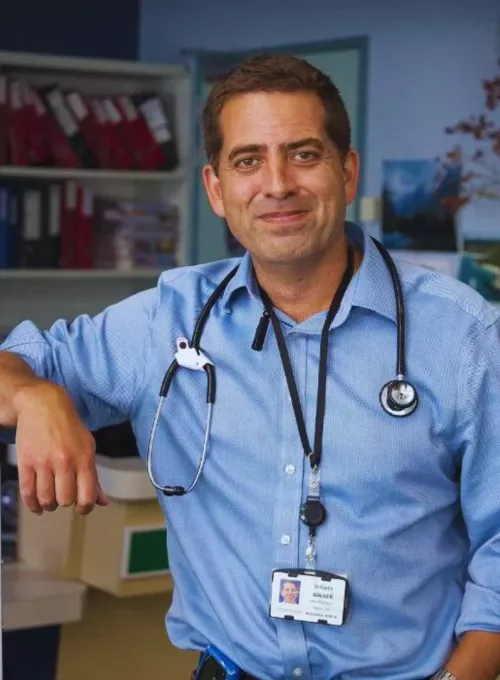
Dr. Curtis Walker is a leading advocate for Māori health equity, a practising nephrologist (kidney specialist), and a transformative figure in medical governance in Aotearoa. As the only Māori nephrologist globally, his work spans clinical medicine, health policy, and governance, ensuring that Māori voices are central to national health strategies and decision-making.
His journey into medicine was unconventional—originally trained as a veterinarian, Dr. Walker retrained in human medicine, completing his Bachelor of Medicine and Bachelor of Surgery (MBChB) at the University of Auckland in 2007. He pursued further training in nephrology and general medicine, obtaining Fellowship of the Royal Australasian College of Physicians (FRACP) (Fellowships in Nephrology (2015 and General & Acute Care Medicine (2016))
Shaping the Future of Māori Health - Dr. Walker has dedicated his career to improving health outcomes for Māori and advocating for systemic change. His leadership has driven equity-focused reforms in medical training, clinical governance, and cultural safety. His roles include:
- President of the New Zealand Resident Doctors Association (NZRDA) for 5 years
- Chair, Medical Council of New Zealand (2019–2024) – Led the Council in cultural safety and equity-driven policies for medical practitioners.
- Board Member, Te Whatu Ora Health NZ (2022–2024) – Provided governance oversight during major health reforms.
- Deputy Chair, Te Ohu Rata o Aotearoa (2018–2023) – Strengthened Māori leadership in health.
- Board Trustee, Arohanui Hospice – Advocated for kaupapa Māori approaches in palliative care.
- Board Member, Kidney Health New Zealand – Advocating for more screening, testing and transplants for Māori whānau affected by kidney disease.
- Member of the Māori Health Committee of the Royal Australasian College of Physicians
As a Consultant Nephrologist at MidCentral District Health Board since 2015, Dr. Walker has been at the forefront of improving kidney health for Māori. His work focuses on:
- Equity in kidney transplantation – Addressing the disparities Māori face in access to organ donation and transplantation.
- Championing kaupapa Māori approaches in nephrology – Developing culturally safe healthcare models for Māori patients.
- Enhancing cultural safety in clinical practice – Leading training initiatives for healthcare professionals to provide better services for Māori whānau.
In 2023, he received the Mārire Goodall Award (2023) – Awarded by Māori medical practitioners for excellence in health leadership. Dr. Walker remains deeply committed to transforming Aotearoa’s health system, ensuring Māori-led solutions are embedded in national policies. His leadership continues to influence how health professionals are trained, how Māori patients are treated, and how governance structures integrate cultural safety.
"We must ensure Māori voices are heard in health decision-making, shaping a system that truly serves our people."
Links:
Canadian Donation and Transplant Research Program Dr. Curtis Walker Café Scientifique (International Session): The New Zealand Experience (YouTube) 27 February 2024
Māori Whānau Play Our Part In covid19 pandemic- Dr Curtis Walker (YouTube)
Ministry of Health - Curtis Walker - Forum 29-30 October 2019 - Equity
Australian and New Zealand College of Anaesthetists Dr Curtis Walker on why "Equity is the new black": 2021 ANZCA Cultural Safety & Leadership Hui (YouTube)
Dr Curtis Walker | Kidney Transplant: Māori are disproportionately represented in kidney issues and in non-transplants? Claudette Hauiti talks to Dr Curtis Walker. Waatea News, November 23, 2021 (Audio)
Dr Curtis Chair, Medical Council Annual Report 2020
Curtis, E., Jones, R., Tipene-Leach, D., Walker, C., Loring, B., Paine, S. J., & Reid, P. (2019). Why cultural safety rather than cultural competency is required to achieve health equity: a literature review and recommended definition. International journal for equity in health, 18(1), 174. https://doi.org/10.1186/s12939-019-1082-3
29 April 2025
